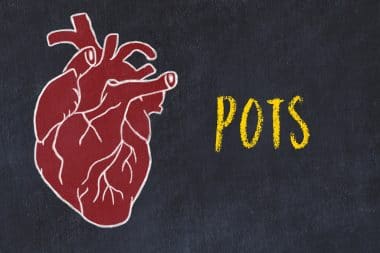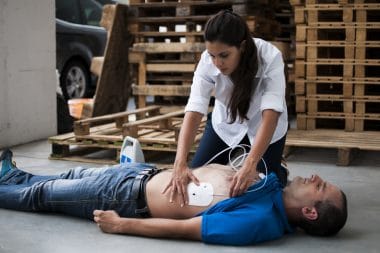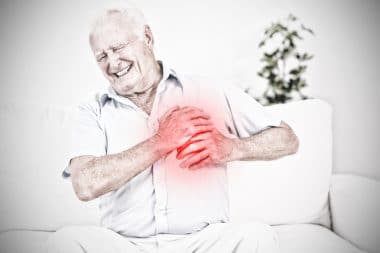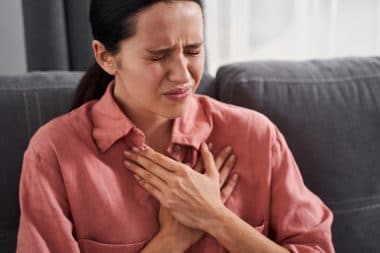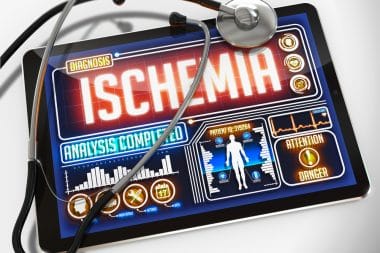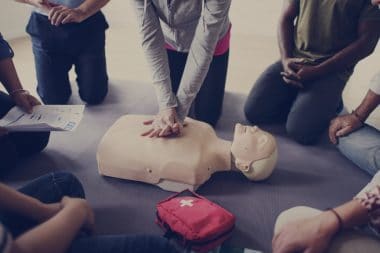According to the American Heart Association, every 34 seconds one person in the USA suffers from a heart attack. In 2008, 405,309 people died from a heart attack.
CDC reports that every year about 785,000 Americans have a first coronary heart attack and that more than half of them will have another one. What makes some people survive a heart attack and other die from it? Very often, it is recognizing the symptoms and acting very fast. But, it is not as easy as it sounds. Symptoms of a heart attack are very similar to those of other problems, from heartburn and pancreatitis to pneumonia and panic attack.
What is a heart attack?
A heart attack means that for some reason your heart is not getting enough oxygen to function. Most often, blood vessels supplying heart with fresh oxygenated blood get clogged, so the blood passes too slowly. What clogs archeries is cholesterol, fat and other stuff, collectively called plaque. The problem is that we do not feel our arteries getting clogged, until a piece of plaque breaks down and completely blocks the passage of the blood to the heart. Without oxygen, our heart starts dying, showing immediate signs of distress which we recognize as a heart attack.
A heart attack in a movie is easy to recognize: a person loses consciousness, his heart stops and the ambulance takes him away. That happens in what doctors call a massive heart attack. Most heart attacks are mild and difficult to distinguish from other health issues. So, we ignore the symptoms, to our peril.
Signs of a heart attack
The Harvard Heart Letter explains how to recognize the symptoms that point to a heart attack, and those that are probably caused by something else:
YES, you are having a heart attack if you feel:
- A sense of pain, pressure, burning, tightness or squeezing in the chest
- pain starts gradually over a few minutes
- pain comes from a diffuse area, all over the chest
- pain extends to the left arm, jaw, neck or back
- difficulty breathing
- cold sweat
- sudden nausea
NO, you are not having a heart attack if you feel:
- sharp pain caused by breathing or coughing
- sudden stabbing pain in the chest for a few seconds only
- pain on one side or another, clearly distinguished
- pain coming from one small spot
- pain that lasts for hours or days, but no other symptoms
- pain felt after pressing the chest or moving a body.
Don’t self-diagnose
If you even for a moment suspect that you are having a heart attack, do not hesitate. Call an ambulance. Trained ambulance technicians can start helping your heart the moment they reach you. The longer your heart is without any oxygen, the bigger damage to its muscle you will sustain.
Once in the hospital, doctors will do an ECG (electrocardiogram) to make sure that it is a heart attack they are dealing with. If it is, they will check the levels of your creatine kinase and cardiac troponin to see just how much damage your heart has sustained.
It is particularly important to be on a lookout for heart attack symptoms if you are obese, have high blood pressure, diabetes or high cholesterol. You are at high risk.
Many people end up in the hospital believing that they had a heart attack, only to be told that it was in fact a panic attack or a severe heartburn. There is nothing embarrassing about it. It is much better to make this kind of mistake, than to ignore a true heart attack, and end up a mortality statistic.
